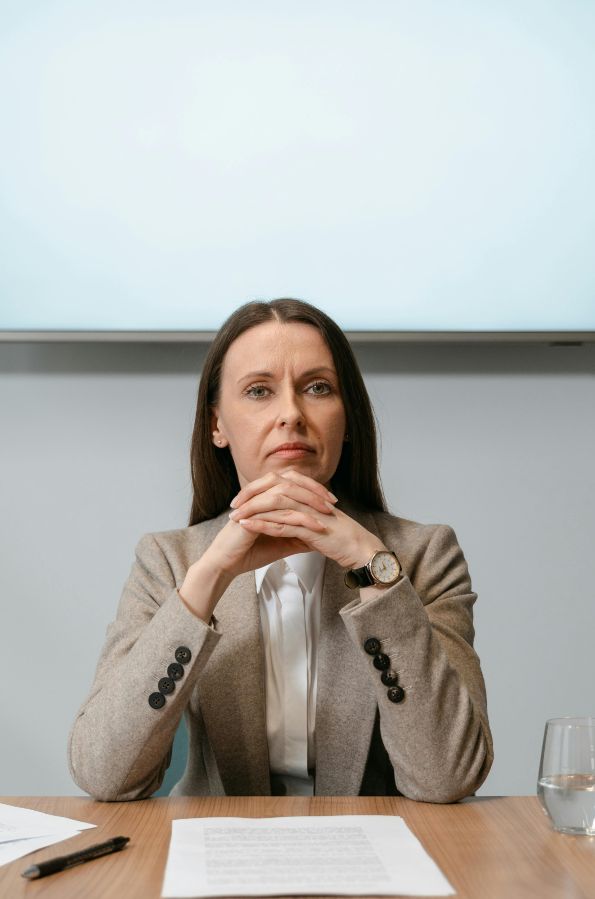Programme Management Training: Key to Project Success
What is the role of a programme manager in an organization?
Becoming a successful programme manager is no easy feat. It requires a unique set of skills, as well as dedication and hard work. In order to excel in this role, one must possess strong organizational abilities, excellent communication skills, and the ability to lead and motivate a team.
As a programme manager, you are responsible for overseeing multiple projects, coordinating team members, and ensuring that deadlines are met. Developing strong communication skills will not only help you to effectively convey information and instructions to your team, but also to build positive relationships with stakeholders and clients.
Once your project plan is created, it's important to regularly review and update it as needed. As a Programme Manager, it's your responsibility to monitor progress against the plan and make adjustments as necessary. By staying organized and proactive in managing your project plan, you can increase the likelihood of success for your projects.
In today's complex business environment, the ability to manage multiple projects simultaneously is essential for achieving strategic goals. Programme management training equips professionals with the skills and knowledge necessary to oversee these projects effectively, ensuring they align with organizational objectives and are successfully executed.



